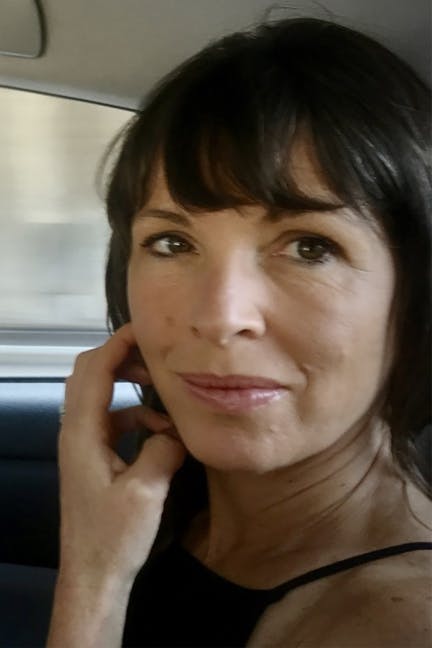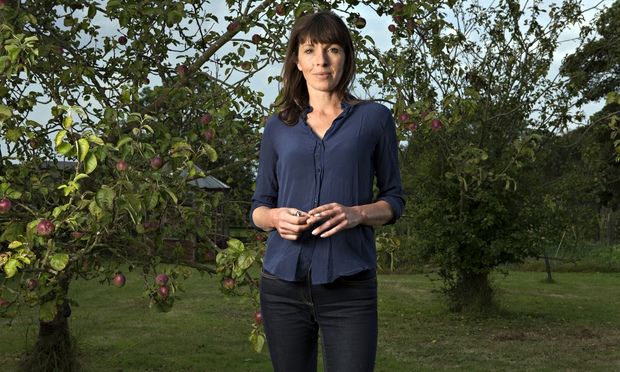
Her latest novel, “Second Place” (Farrar, Straus & Giroux, 183 pages, $25), is a reverse-negative of the “Outline” books, as it is narrated by a middle-age woman, known as “M,” who is in thrall to a wizard-like artist, in this case an aging painter called “L.” M lives in a picturesque property on a coastal marshland-the setting is unnamed and somewhat fablelike-where she and her husband Tony have built a guest house. Cusk calls the “power of silence” a redoubtable narrative authority-that of the sorcerer or puppet master who coerces others into the dangerous work of self-exposure. Faye says and gives away almost nothing, achieving through what Ms. Though centered on a writer named Faye, the chapters of these books are occupied with the stories of her acquaintances. Cusk is necessary too – deeply so, and Second Place, exquisite in the cruelty of its rightness, reminds us why.Rachel Cusk’s “Outline” trilogy of novels blazed a trail in what might be thought of as the anti-confessional mode. It is a shock, but as the narrator of Second Place reminds us, 'shock is sometimes necessary, for without it we would drift into entropy'. By the time we realise what has happened, it is too late: our own surface has been disturbed, our own complacent compartment dismantled.
/cdn.vox-cdn.com/uploads/chorus_image/image/69246152/Rachel_Cusk.0.jpeg)
Her genius is that in deliberately blurring a boundary of her own – that between a writer and her subject, between the expectation of autobiography so often attached to writing by women, and the carapace of pure invention so often unthinkably afforded to men – she tricks us into believing that her preoccupations and failings, her privileges and apparent assumptions, are not our own. Towards the end of the novel, the narrator says of L, whom she both admires and loathes, and by whom she knows herself to be loathed in turn: 'He drew me with the cruelty of his rightness closer to the truth.' We might say the same of Cusk, our arch chronicler of the nullifying choice between suffocation and explosion. The novel’s emotional nuance, its stylistic poise, has been as perfectly and painstakingly constructed as the life it describes, only to be blown apart by a flat and shattering statement, weighted around a central, immovable truth. Second Place, it turns out, is a novel less about property, and more about the boundaries and misplaced emotional investment for which property is a proxy.



This is, however, a Cusk novel, and in Cusk novels the surface, as experienced by reader and characters alike, invariably proves too fragile to be trusted. On the surface, then, this is a novel of glaring privilege, steeped in a mode of middle-class existence so rarified that the 'lower things' must never be allowed to intrude.


 0 kommentar(er)
0 kommentar(er)
